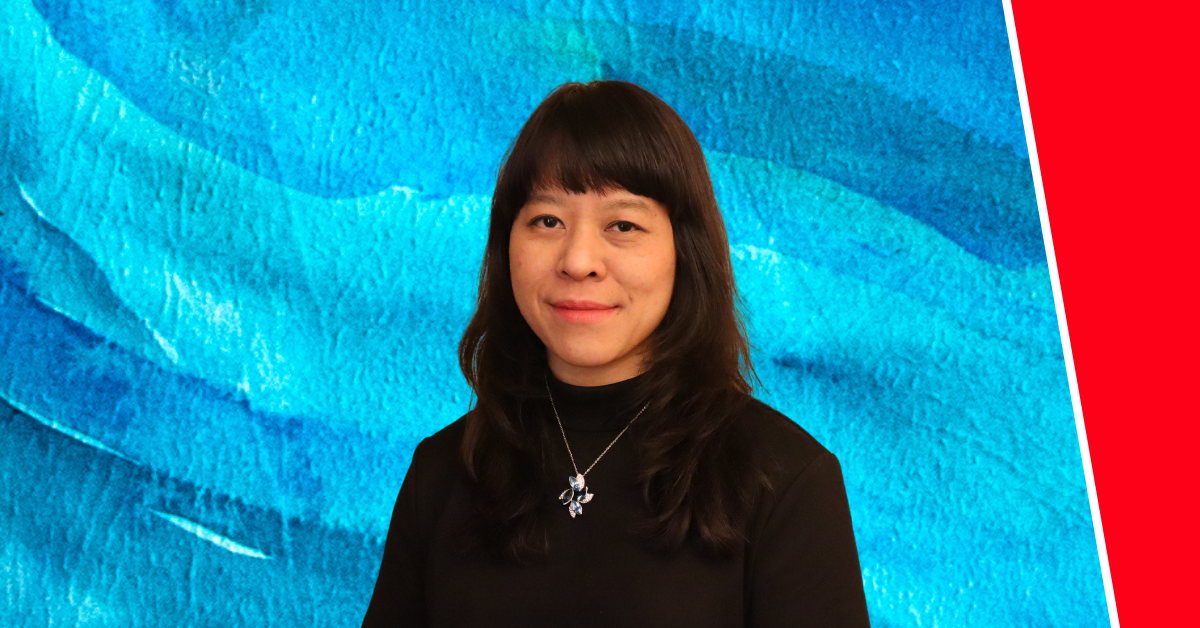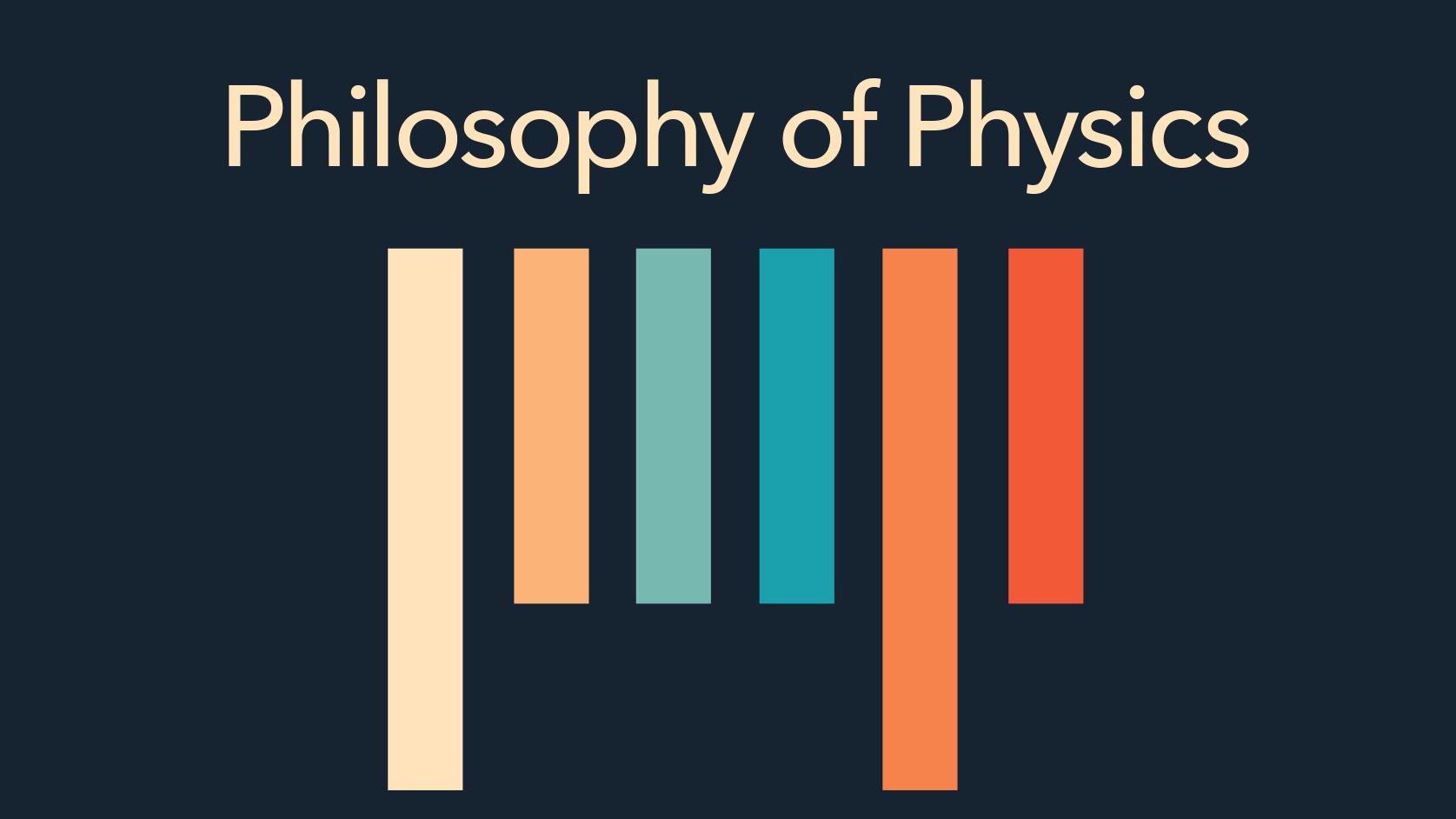In this blog, Professor David Wallace explores the world of philosophy of physics through relaying his experiences as an editor of LSE Press’s Philosophy of Physics journal, and his insights into the importance of interdisciplinary research. Additionally, this blog delves into the challenges and opportunities of open access publishing and the role it plays in advancing academic knowledge and inclusivity.
This philosophy of physics encompasses a broad range of topics, including quantum mechanics, symmetry, quantum field theory, quantum gravity, and statistical physics, among others. It offers unique insights into the fundamental nature of the universe, the structure of matter, and the workings of physical laws. Established in 2022, the Philosophy of Physics is an open access journal publishing the best work in all areas of the philosophy of physics. PoP aims to be a flagship journal for the field and to span the various different axes of philosophy of physics: metaphysical, historical, mathematical, practice-oriented (and more).
Established in 2022, the Philosophy of Physics is an open access journal publishing the best work in all areas of the philosophy of physics. PoP aims to be a flagship journal for the field and to span the various different axes of philosophy of physics: metaphysical, historical, mathematical, practice-oriented (and more). It is intended for all researchers in philosophy of physics and for interested readers in cognate disciplines, including outside philosophy. It is published by LSE Press on behalf of the Philosophy of Physics Society. Publication of accepted articles is free and authors retain copyright under a Creative Commons license.
Building and supporting communities
The Philosophy of Physics journal was set up by a working group in the philosophy physics community following the discontinuation of the Elsevier Studies in History and Philosophy of Modern Physics journal. There was a clear gap that the community felt needs to be filled and a big open virtual meeting was held which eventually set up a working group. It was established that the LSE Philosophy of Physics Society would have ownership of the journal so it was important that we worked with a press and ideally an Academic Press to publish the journal who would share the journal with the community.
The submissions we’ve received to the journal so far have been overwhelmingly positive. We’re delighted to be publishing the best articles on the metaphysics of quantum mechanics, as well the development of Einstein’s thought about the development of the early quantum theory, research on the mathematical structure of symmetries in algebraic quantum field theory, and research on particle physics. We’re positive that we’re going to be able to hit the ground running with a collection of excellent articles as we approach publication.
The barriers to traditional journal publishing
Most journals have a pay-at-submission or pay-at-publication model, which demands funding through large grants and there’s a danger that charged submissions can have a negative impact on accessibility.
Open access is clearly the direction that academic publishing is going. The moral case for it is strong and there are enormous academic benefits to widely disseminating ideas. Open access publishing removes academic gatekeeping which has significant inclusivity implications.
At the Philosophy of Physics, we’ve tried very hard to set up a funding model that works aggressively to make sure nobody’s deterred from submission on financial grounds. We require those submitting to be a member of the Philosophy of Physics Society and we have a fair sliding scale for membership costs ranging from zero, if you’re a grad student or early career researcher, to a couple $100 a year if you’re a working academic with access to research funding to cover it. We’re very grateful that LSE Press covered our initial starting costs so that we don’t need to worry about getting that functional, right away when we’re trying to get the academic side of the journal up and running.
The only thing that makes a journal a ‘top’ journal is that everyone thinks it’s a top journal. It’s important to have an editorial board which consists of a diverse group of excellent researchers and is seen to publish excellent work focusing on particular areas.
I would like our journal to achieve a flagship status in the subject that its predecessor had and for it to be seen as a place where people can feel happy sending their best philosophy of physics work and be confident that is assessed in an expert process by people who understand the material know about it. If people are looking for a home for high quality work of that kind, our journal will be seen as providing it and recognised by the communities.

The value of interdisciplinary research
Academic communities can become siloed into sub-communities that don’t talk to each other. It’s very important that journals don’t end up capturing a single community and remain open and inclusive to all.
The philosophy of physics is a fundamentally interdisciplinary subject. Understanding which aspects of science are relevant to philosophical problems is a difficult challenge. There’s a widespread view among philosophers that our philosophical understanding of the world needs to be conditioned by science. Wisdom is knowing what you don’t know. I hope that philosophers of science and physics can find ways that communicate to and inform the work of other philosophers, and recognise and be informed by the work being done by the philosophers.
The interrelation of philosophy and physics can contribute to the philosophy of science, metaphysics and other areas of core philosophy in a mutually productive way. I hope that philosophy of physics can contribute to the development of physics both through its input into methodology and into thorough helping people in physics understand the discipline balancing its history with its present structure; balancing having a continuum of conversations with physicists, between what’s been done in in physics and what’s being done in the more philosophically oriented philosophy of physics. In order to continue growing the field and contributing to academic conversations, the philosophy of physics should interface with other academic disciplines.
Journal editing
There are many barriers for early careers researchers breaking into academia. You should pursue an academic career if you think there’s interesting things to do within your discipline but if you can’t imagine doing anything other than academia then you should rethink your perspective.
A successful model for doing foundational early career work in physics is to have various research focuses. Do you have a substantial side interest in the philosophy and foundations of physics which you could potentially expand more into? Everyone loves interdisciplinary work until you try to get a permanent job. It’s always a decision to be made at best with caution to prioritise career stability and security.
Before taking on a journal you need to work out if this something you’re going to be able to get the full amount of time to do without that getting in the way of your day job. It can be difficult to find an appropriate balance between running the journal and other work. It takes time to build up this balance and you need to you need to make sure you have a steady framework so that you stay on top of balancing teaching responsibilities.
It helps having a university which is supportive of your commitment on top of your primary existing role by allowing you to use professional time if the editing isn’t independently paid. I would recommend having a conversation with your institution and seeing what level of support they can offer you. I’m lucky that the University of Pittsburgh is extremely supportive and facilitative of my work.
The University of Oxford has also been influential to the trajectory of my career. Institutionally, the university has an incredibly strong philosophy of physics community which I benefited enormously and repeatedly from through the various structures and people of Magdalen College in Oxford.

*






